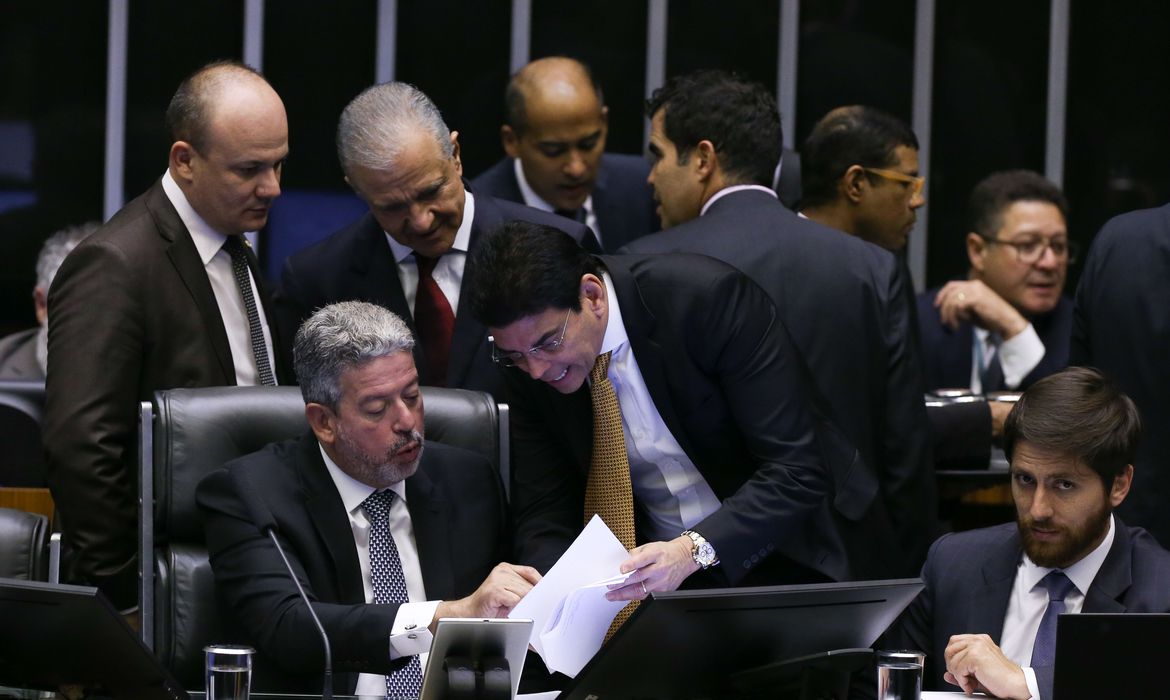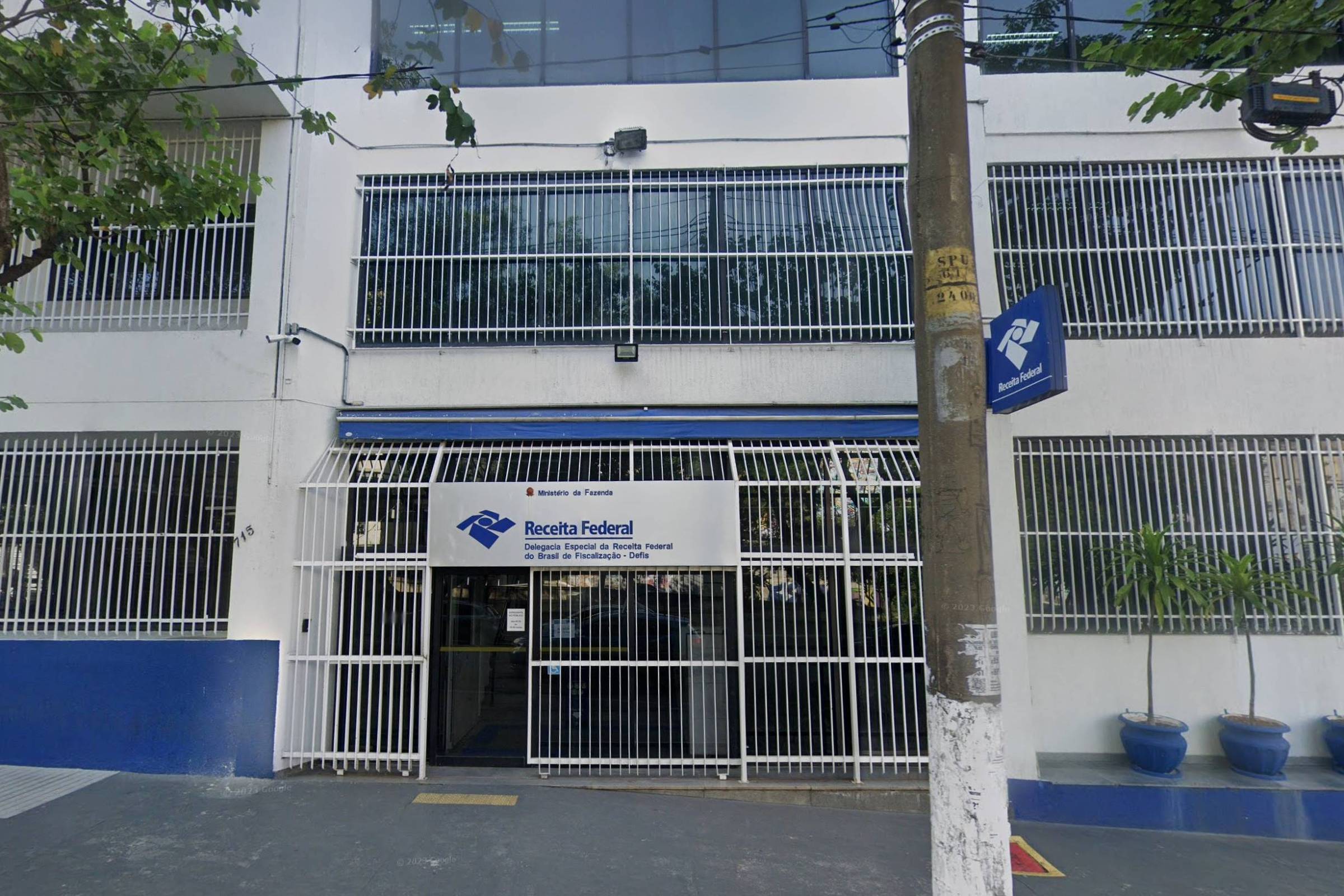Basic text of the new fiscal framework approved by the Chamber of Deputies

Proposal was approved by 372 votes to 108 and will proceed to the Senate
The Chamber of Deputies approved, by 372 votes to 108, the basic text of the complementary bill that establishes new fiscal rules for Union expenses, the so-called fiscal framework. The measure will replace the current spending cap, created during the Michel Temer government. Highlights are still missing to be voted on, which should occur this Wednesday (24). After this step, the text will go to the Senate.
The proposal for the fiscal framework was sent in April by the federal government to the National Congress. The project’s rapporteur, Deputy Cláudio Cajado (PP-BA), included triggers to force the cut and containment of expenses in case of non-compliance with the fiscal target.
The new fiscal framework will limit expenditure growth to 70% of the previous 12-month revenue change. In times of greater economic growth, expenditure cannot grow by more than 2.5% per year above inflation. In times of economic contraction, spending cannot increase by more than 0.6% per year above inflation.
Throughout the day, Cajado met with the mayor, Arthur Lira, sewing specific changes in the report. One of them allows the government to spend more than expected, as long as it collects more than expected as well. Expenses will be conditioned to meeting result targets.
The score provoked celebration in the base of the government. As it is a Complementary Bill, at least 257 votes were required for approval. Approval by a large margin, with a favorable political climate, makes the government more comfortable for the Senate vote.
triggers
Called the Sustainable Fiscal Regime by the rapporteur, the project provides that, in case of non-compliance with the targets, there will be a contingency (blocking) of discretionary expenses. The Cajado project establishes the adoption, in the year following the non-compliance, of automatic measures to control mandatory expenses, such as not granting a real increase in mandatory expenses and suspending the creation of new public positions and the granting of benefits above inflation .
If the non-compliance happens for the second consecutive year, new prohibitions will be added to the existing ones, such as the increase of salaries in the civil service, admission or hiring of personnel and public tenders (in the last two points, the exception is for replacement of vacant positions) .
According to Cajado, the real readjustment of the minimum wage will be out of the triggers and will increase above inflation. Initially, there was also a forecast to remove Bolsa Família from the spending limit. However, the deputy kept the benefit subject to general rules for it to be readjusted above inflation.
read more
Congress is in tune to approve the new fiscal framework and tax reform
Chamber of Deputies creates five more permanent committees
Chamber approves basic text of MP and makes Brazil Aid of R$400 permanent










